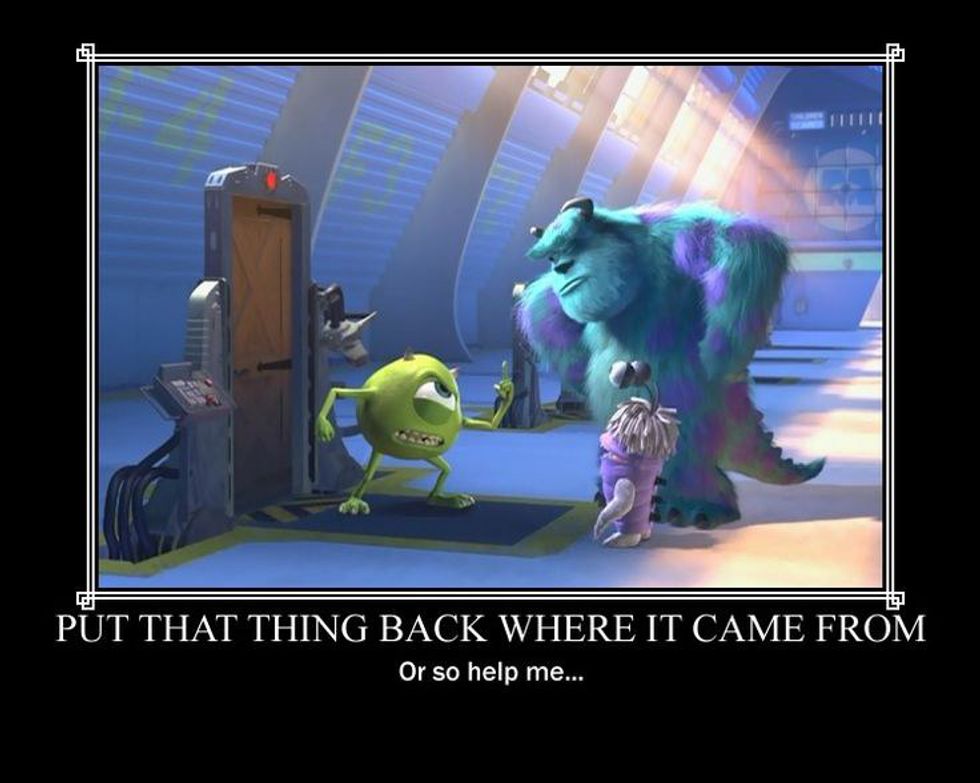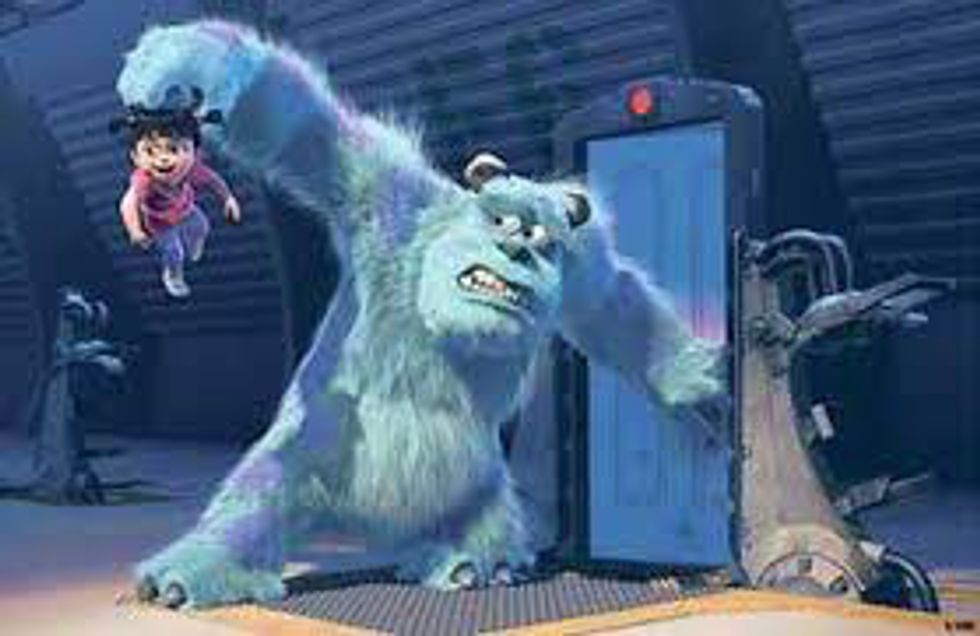Do you know what it means to be marginalized?
The word has bounced around within the social sciences and the feminist movement for decades. But when these academic groups speak to the public their meaning is often lost in the shuffle of the media and each individual person's cognition. My favorite Google-able definition of this word states, "When you push people to the edge of society by not allowing them a place within it, you marginalize them." (Which can be found here.)
Not too long ago, Odyssey posted one of my articles where I explained the first time I really understood what marginalization meant — and felt like. I only understood because I experienced it first hand.
I am white. So the biggest marginalizing factor — race — does not work against me. For most of my life I appeared to be straight (though all of my life I have been bi). Since my attraction orientation (and lived out practice) now goes against the hetero-normative script, I have faced marginalization. But it goes deeper.
I am a nonbinary person. Most people refer to me as a girl. Few think I might be a boy. Having a gender that does not even register in the minds of most of society is by far the strongest marginalizing force that I face.
I am forced to closet hop — bounce in and out of the closet all day long. (Trust me, it's not nearly as fun as bar hopping. Or church hopping, for that matter.)
When I am alone, I am Kenneth Nelson List. I use they/them pronouns. I am bi. I am out of the closet.
When I am working at my first job at a day care, I am Teacher Ken. I am referred to with she/her pronouns most of the time. Sometimes people say "he," and only one person uses the correct they/them pronouns consistently. I can refer to my girlfriend to a few co-workers, but not all. The topic of gender is not discussed, not is it allowed to be. (After all, isn't it the parent's job to educate their kids on a topic they don't understand themselves?) I am standing in the closet door way. And all day long, the door is slammed in my face.
When I am working at my second job in an office, I am Shelby. I am Shelby a lot. By nature of their job, my co-workers are very concerned with grammar and they/them pronouns just don't work in their heads. (They must not have read my above linked article.) I am very recently and to very few people in the office, Ken. It's ok to talk about my girlfriend in conversation. And people have politely asked questions about my orientations that I have been able to address. I am leaning on the doorframe of the closet, holding the door open, but hiding behind it.
When I am with my family, I am Shelby. I am she. My girlfriend is still a weird subject. But that's with some of my family. With other members, I am Shelby, I am she, but I am allowed to be happy with who makes me happy. When I am around family, I stand in the closet, knocking on the closed door, hoping someone will open it for me. The first time I stepped out of it in front of them, it was clear that I needed to run back in.
When I am out with my girlfriend and she sees people she knows, she needs to ask if I should be introduced as Ken or Shelby, for safety purposes. Like I said, most people assume I'm a girl. And defending my right to exist to everyone who objects verbally or otherwise is exhausting.
When we are with family, we need to discuss if we can hold hands or give quick kisses. We need to determine how we're going to introduce each other: girlfriend/enbyfriend? Significant other? Friend? We need to filter stories we tell according to our audience. Are we friends that go on adventures together or a couple that goes on short vacations? And we have to cover our slip ups: How do we know the other kicks and punches in their sleep?
Wherever I go, whatever I do, whoever I'm with, I need to balance and negotiate what I can say and how I can act. THAT is what it means to be marginalized.


















